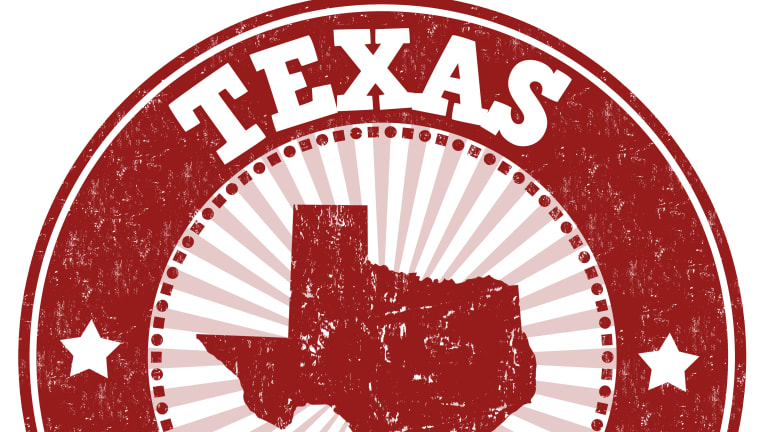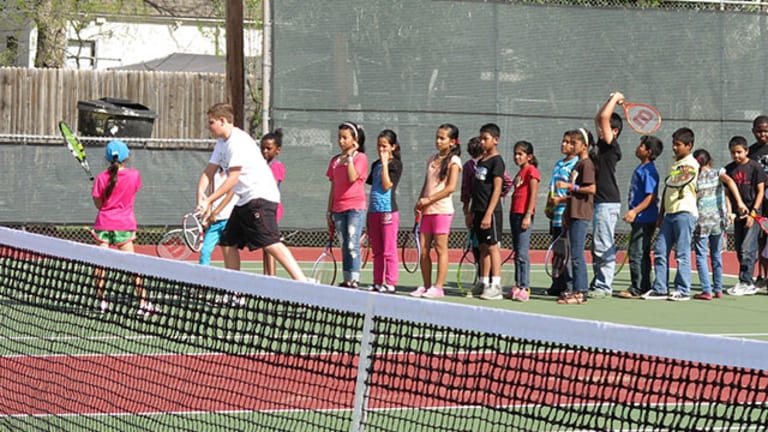It’s been more than 35 years since Ronald Reagan stated, during his first inaugural address, “Those who say that we’re in a time when there are no heroes, they just don’t know where to look.” We discovered heroes in every state, starting with the determined 69-year-old who won a match at an ITF Pro Circuit event earlier this year in the Alabama town of Pelham, and culminating with the coach who has overcome multiple sclerosis to build a winning program at the University of Wyoming. Their compelling stories of courage, perseverance and achievement demonstrate that the message delivered by our 40th President rings as true today as it did then.
For refugees from disaster-stricken countries like Nepal, Congo and Bhutan, resettling in American cities like Abilene, TX, represents a daunting adjustment. So when 13-year-old Drake Coleman couldn’t find any opportunities to volunteer directly with refugee children, he decided to create his own. And thus, First Serve was born.
Launched in 2013, First Serve uses tennis lessons as a tool for helping refugee children make connections with each other and the larger community. With help from his mother, Cathie, and the Abilene office of the International Rescue Committee—as well as funding from the USTA—Drake, now 17, combined his passions of service work and tennis to form an invaluable resource for his town’s newest residents.
"It's such a good sport because it lends itself to teaching integrity and honesty,” Cathie says. “How you conduct yourself on the court, good sportsmanship, shaking hands—the whole thing."

